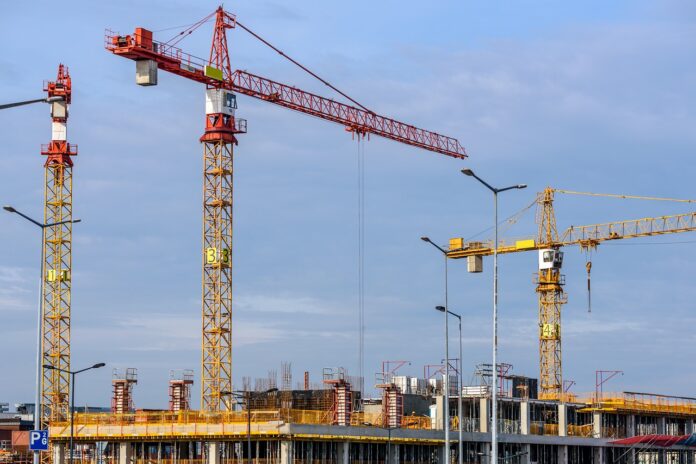Discover the challenges facing the construction industry in 2024 and how you can rise to the occasion and overcome these obstacles. While some will require a radical revolution of your practices, others can be met with nothing more than better management.
1. Labour and supply shortages
In the UK, USA and beyond, there are labour and supply shortages in the construction industry.
The supply shortages are a legacy of the beginning of the decade when the pandemic halted manufacture and put a pause on trade. While the industry is beginning to recover, demand is still far outstripping supply which is driving up the price of essential materials. This means it’s harder to source and buy supplies, and challenging to commit to costs and timelines on projects.
A lack of supplies is not the only thing that’s causing delays. With labour shortages across the construction industry, there’s a waiting list for qualified builders, electricians, and plumbers.
2. Improving building sustainability
Another challenge for the industry on an international scale is the drive to make buildings – and the construction process – more sustainable. The creation and use of our living spaces lead to a significant amount of carbon emissions which have been shown to speed up global warming.
Across the globe, governments are putting in place policies to ensure houses are more environmentally friendly. For example, durable and sustainably manufactured materials like CLS timber must replace traditional skeleton frames, and a greater level of insulation is required in external walls and the roof.
Companies that build houses and commercial buildings will have to bring in specialists to meet some of these new eco-guidelines. For example, the fitting of renewable energy heating systems like air source heat pumps requires expert engineering knowledge.
3. Minimising industry waste
From the gas and electricity used to power machinery to the old building materials that end up in landfills, construction is one of the most wasteful industries. As countries continue to extend their environmental pledges, there’s an increasing focus on minimising industry waste.
Nations such as the UK are turning to modular construction as the answer to this issue. This concept embraces the idea of using pre-fabricated pieces to create buildings. Mass-producing elements in a factory setting optimises energy use, reduces noise pollution, and speeds up the construction process. Modular buildings are also widely recyclable which makes them an eco-friendly solution for temporary structures.
Digital design systems such as CAD software are also being used to help minimise industry waste. This allows building designers to test out materials and layouts in a virtual setting to find the most sustainable solutions.






















